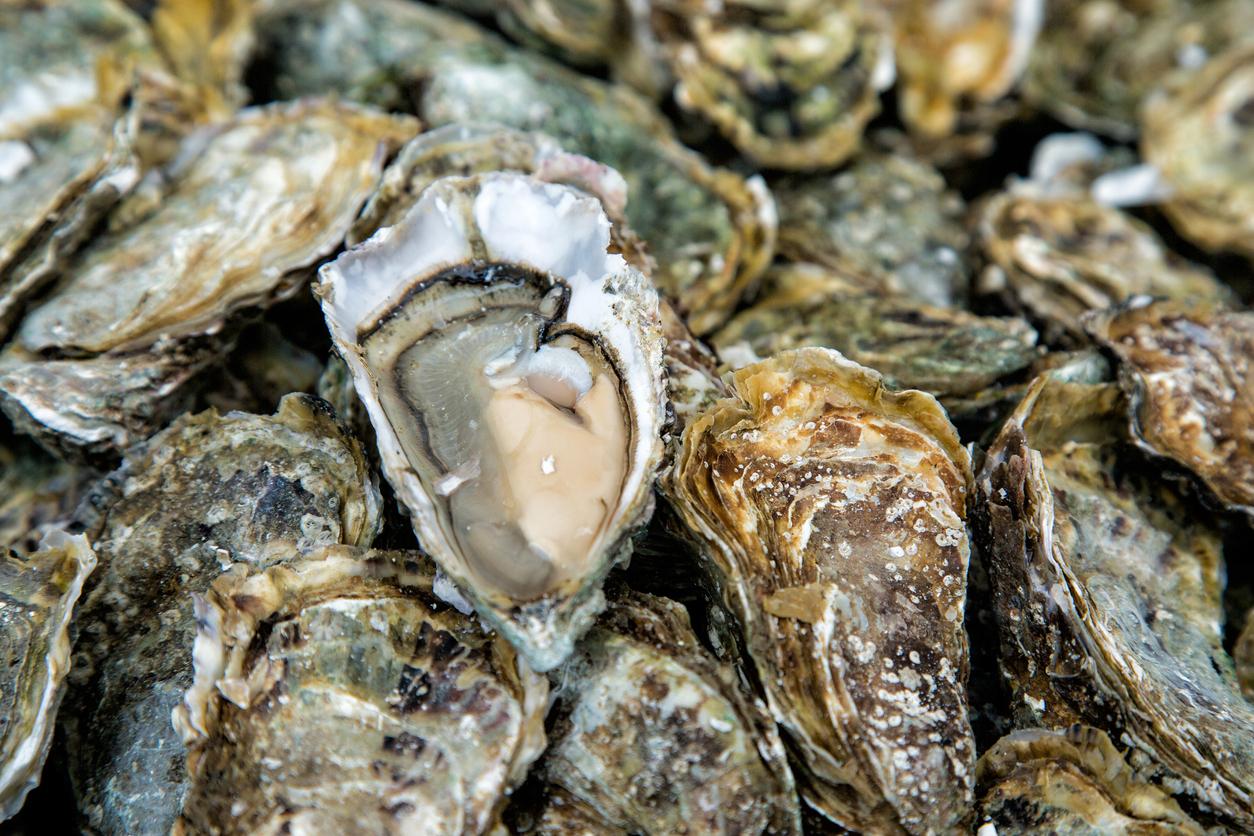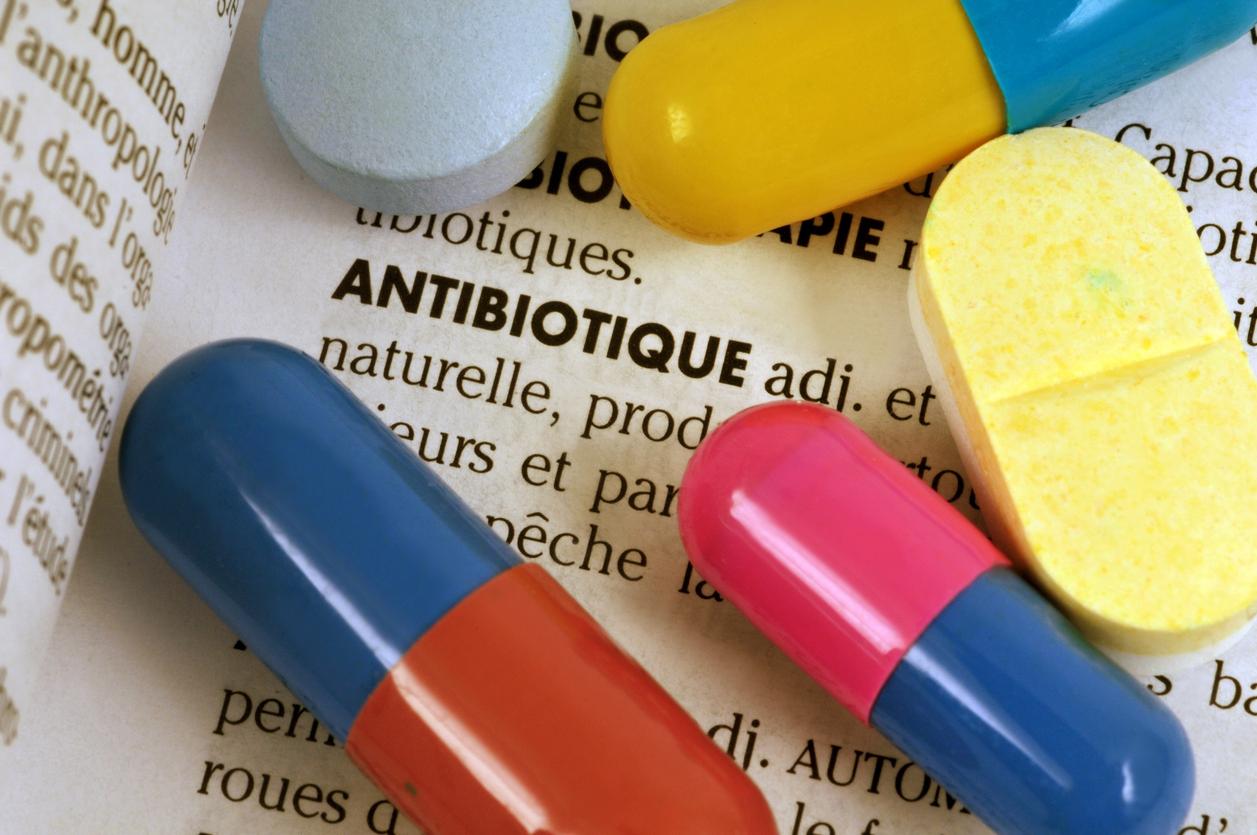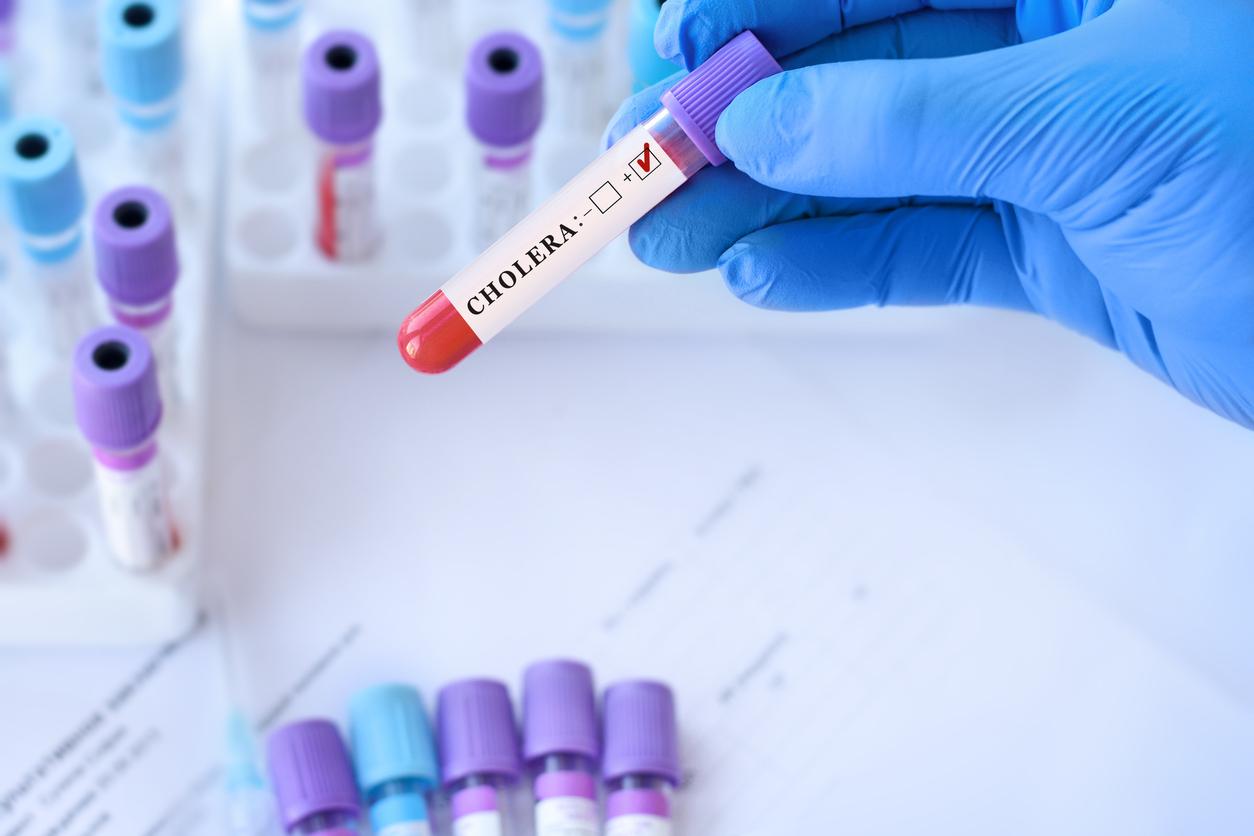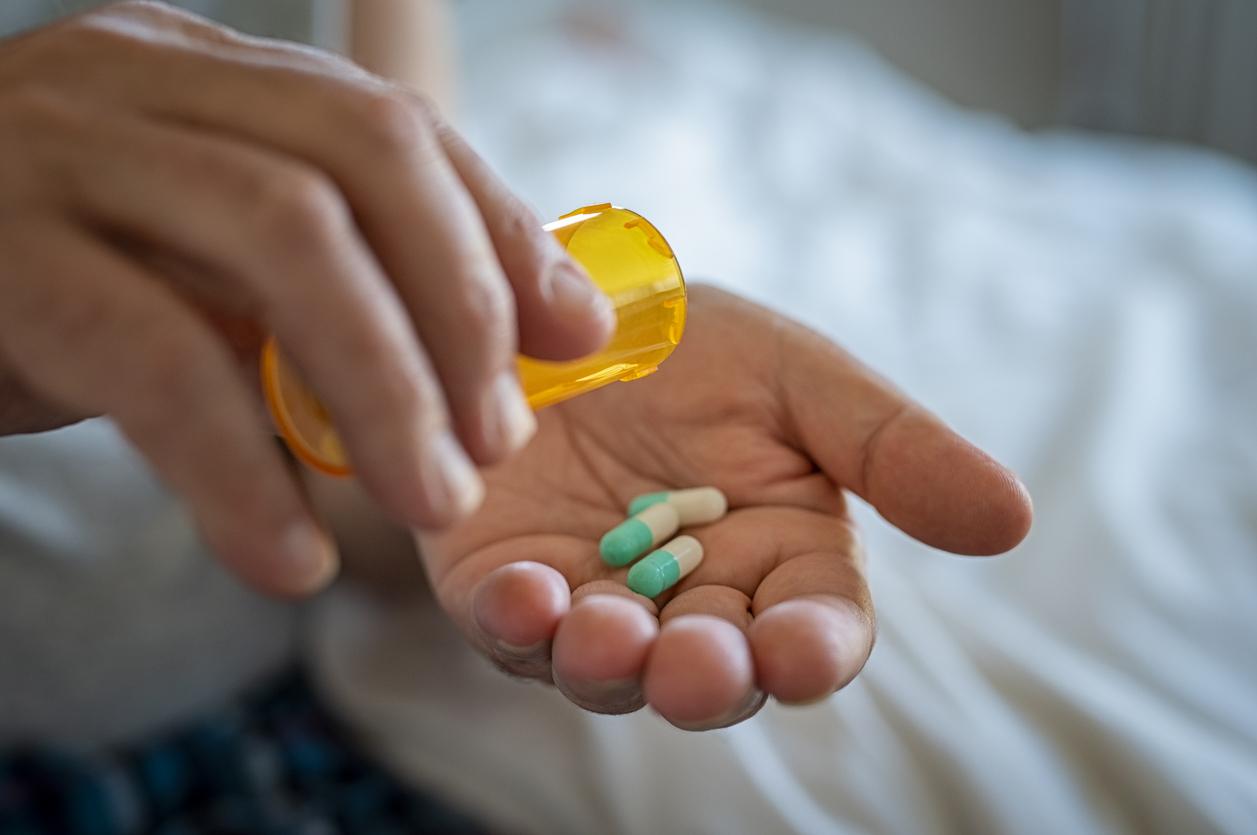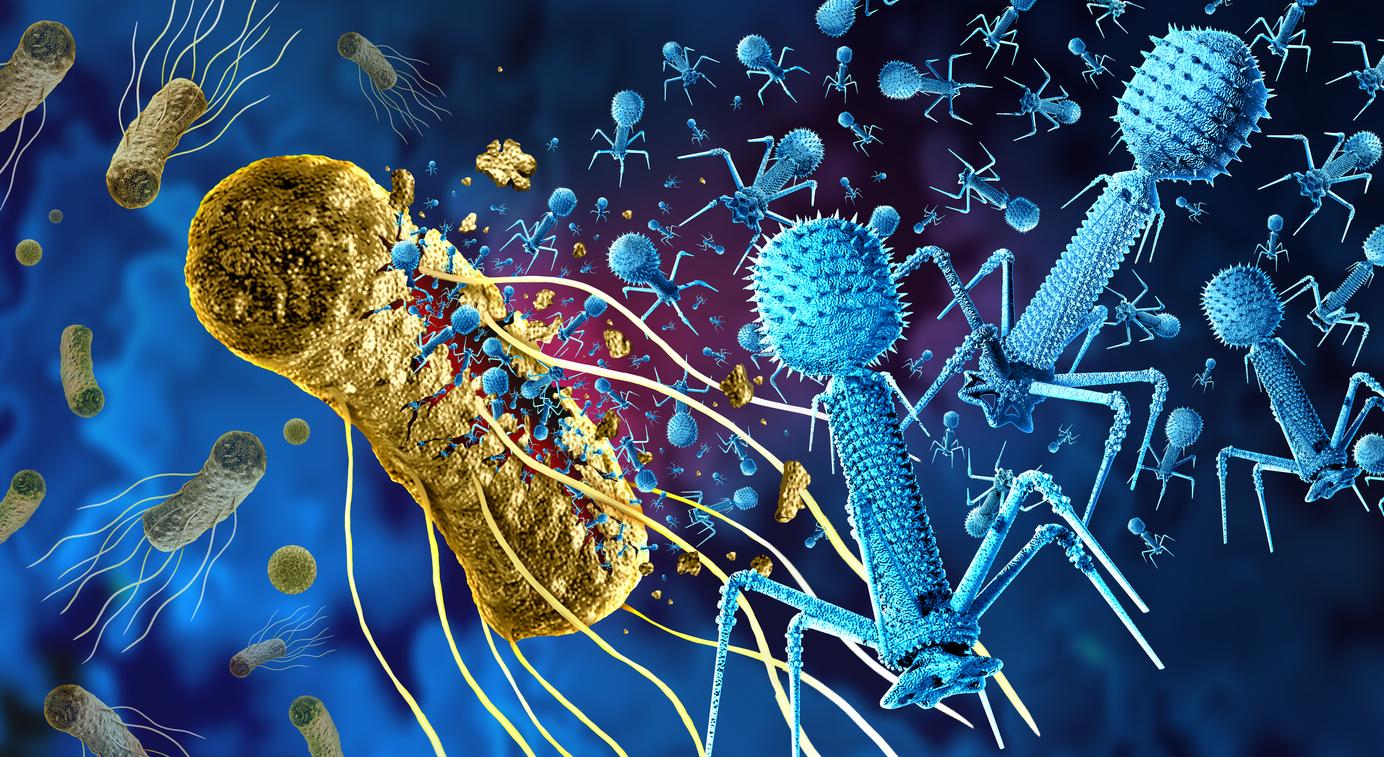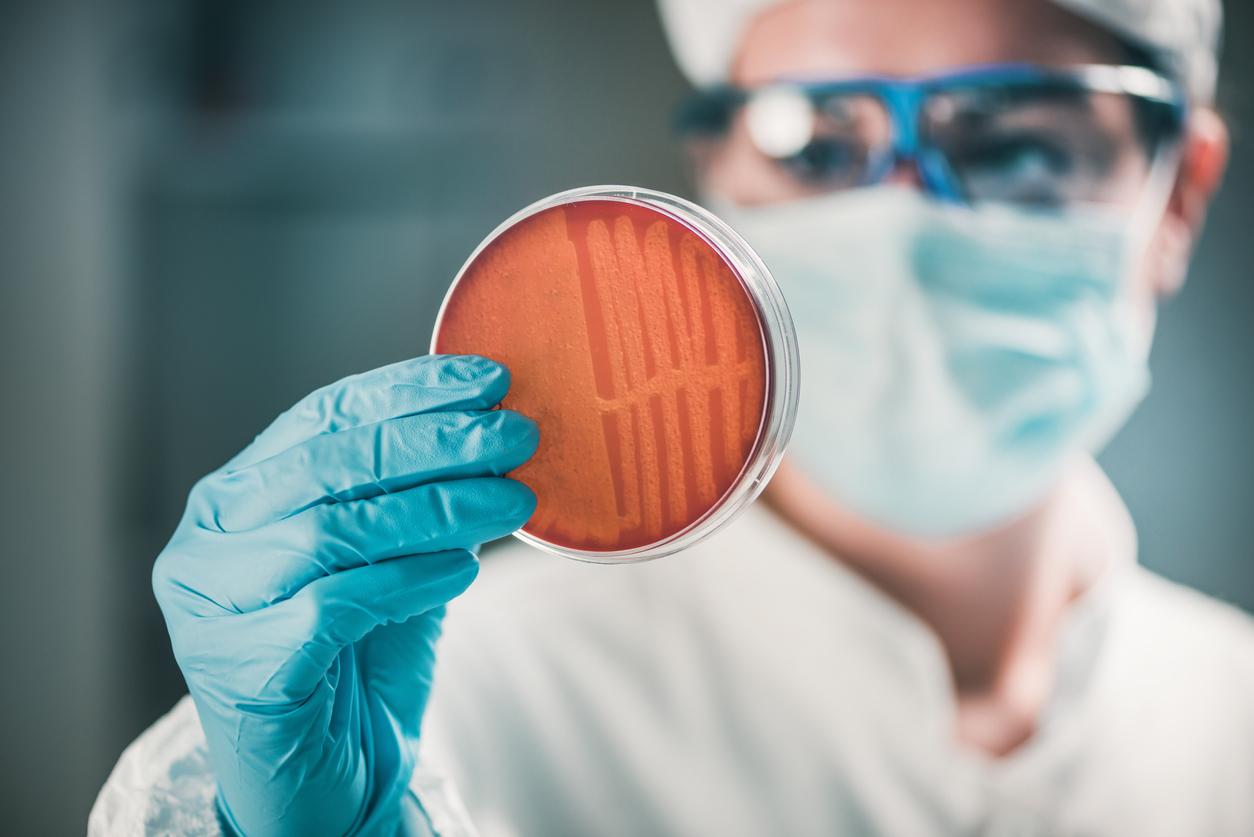The multinational has developed a 10-year plan to reduce the use of antibiotics among its chicken farmers.

Antibiotics in McDonald’s nuggets or McChicken’s are almost a thing of the past. The burger giant announced that in 2018, the use of these drugs will be limited in chicken farms. He also said he wanted to reduce their presence in beef.
The American company thus asked its suppliers to limit the use of “antibiotics of critical importance for human medicine”. This list, established by the World Health Organization (WHO), includes in particular cephalosporins, macrolides or quinolones.
It should be noted that since 2016, chickens raised in France and consumed in the French restaurants of the fast-food chain have not been exposed to growth-activating antibiotics. In addition, no animal meal is used.
As of January 2018, chickens reared in Brazil, Canada, Japan, South Korea, the United States and Europe will no longer be force-fed with these drugs. The company says, however, that European farms can continue to give animals colistin, an antibiotic of last resort. Until 2019.
2027 target
From that date, MacDonald’s plan will continue in Australia and Russia. European breeders will then be able to stop their treatment with colistin. All of the giant’s suppliers will have to comply with this new rule by 2027. But “our goal is to set up this new program before this date,” said the company in its press release.
According to Reuters, the multinational assured a group of consumers and environmental organizations that nearly three quarters of the chickens sold in January 2018 will meet these new food safety criteria.
Ten million deaths per year
Reducing the use of antibiotics in animal husbandry and veterinary medicine has become an international priority, due to the emergence of numerous multiresistant bacterial strains. Real scourges, these microbes resistant to the most powerful drugs are responsible for 10 million deaths each year worldwide, according to a British report.
In France, operators and veterinarians seem to have understood the extent of the danger. Animal exposure has reportedly dropped 48% since 2005, and around 20% over the past 4 years in domestic and farm animals.
A decrease which made it possible to reduce resistance at E.coli in pig and poultry farms. The fact remains that almost all of the 514 tonnes of antibiotics intended for animal health are swallowed by the animals that we consume, a report presented by the main health agencies of the country recalled last year (1).
(1) National Medicines Safety Agency (ANSM), National Food and Environmental Safety Agency (ANSES) and Public Health France.
.








